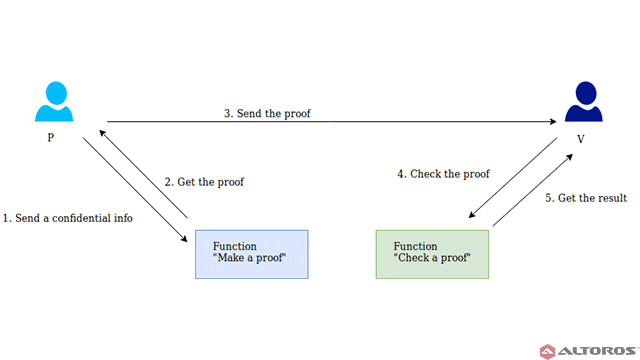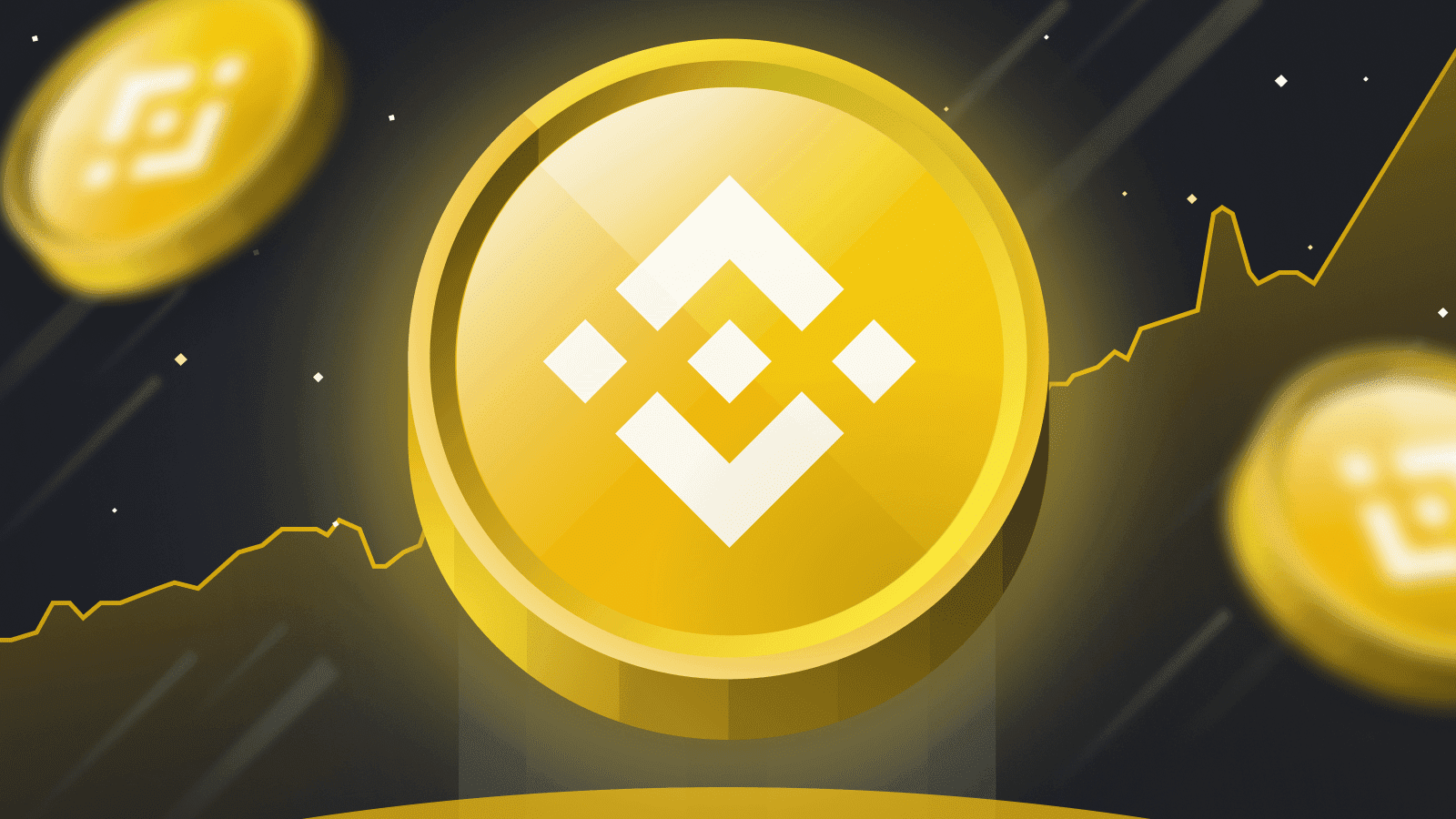Dear Earth Citizen,
Binance is best known for its centralised exchange. However, there are many other platforms within the Binance ecosystem.
Binance processes an average of $2 billion in trading volume every 24 hours, and claims it can handle up to 1.4 million transactions per second (TPS). The goal of Binance is to create financial independence and freedom across the globe by becoming the go-to infrastructure service provider for any user within the blockchain ecosystem.
Binance caters to developers, researchers, traders and investors, to name a few. They offer various platforms using the Binance Chain and Binance Smart Chain. Binance Chain was designed to process transactions. Binance Smart Chain is a smart contract chain on which developers can build and deploy their own decentralised applications (dApps). Binance Smart Chain offers an appealing alternative to Ethereum, as it doesn't endure the same network congestion or fees. Binance Chain and Binance Smart Chain work side-by-side independently, with interoperable features between the chains and the broader ecosystem.
The Binance token $BNB
This token permits every Binance user to pay for goods and services, save 25% on trading fees (margin and spot), and 10% on futures trading.
User can benefit from airdrops of new tokens that are launched, thanks to the Binance Launchpad tool. To receive airdrops, you have to “lock” your $BNB in the $BNB Vault. Using Binance Launchpad, Binance Coin operates in conjunction with the token issuance platform. Similar to how investors would pay $ETH to invest in new ICOs on Ethereum, users can pay in $BNB tokens to invest in upcoming projects launching on Binance. Due to the frequently high demand for token launches, investment opportunities on the Binance Launchpad now operate in a lottery-style manner to keep the competition fair.
Binance schedules quarterly $BNB burns to permanently reduce the supply of $BNB, in turn increasing its value. $BNB burned is calculated based on the overall quarterly trading volume. Quarterly coin burns will continue until 100 million $BNB have been destroyed, representing 50% of the total BNB supply.
Also, you can pay with $BNB on a lot of websites:
Personal Identity and Safety on the Internet
We've heard a lot about lack of safety, data leaks, personal information being stolen and the question of security where data is always at the centre of the debate. How do we secure our personal data? Also, is it possible to educate yourself regarding these new technologies, and how? Let's take a look.
Since the inception of the Internet, personal data has been constantly under threat through malicious attacks and data theft. Various websites tried to secure themselves by adding 2FA security, and the security has constantly mutated since then.
Let's take the example of Binance: Phishing is the current threat, and they ask their users to be prudent against false messages and emails and not give their password/email to a "false Binance" that could hack and steal their funds. A few years ago, Binance was hacked and around 7,000 BTC were stolen ($42 Million in 2018). Remember that Binance is the largest Centralised Exchange, and it keeps trying to upgrade its safety against attackers.
What about personal data? Is it possible to secure this precious data with Blockchain Technology, mainly for Identity Management?
In a way, we could use the fundamental of Blockchain: Cryptography.
Whenever we need to prove something about our identity – either our name, address or passport number – there is a process of authentication. A verifying entity confirms that the data we are claiming about ourselves is true or false. This is usually done through the verification of our identifying documents.
These identity verifications and authentication processes arise privacy concerns. Should a verifying entity request me to prove my name with my passport and access the remaining information in my document while they are looking at it to verify that information? Does an entity that requests proof of my age need to know the day and month I was born?
A promising solution could be a blockchain that uses Zero-Knowledge Proofs: A Zero-Knowledge Proof is a method of authentication that, through the use of cryptography, allows one entity to prove to another entity that they know a piece of certain information or meet a certain requirement without having to disclose any of the actual information that supports that proof. The entity that verifies the proof has thus "zero knowledge" about the information supporting it but is "convinced" of its validity. This is especially useful when and where the prover entity does not trust the verifying entity but still has to prove to them that he knows specific information.
In identity management with a blockchain scenario, a person can prove that their personal details fulfill specific requirements without revealing the actual details. For example, one could prove that someone is over 21 without showing their exact date of birth.
Zero-Knowledge Proofs are famously illustrated by the "Yao's Millionaires' problem" -- a scenario that was formulated by the computer scientist Andrew Yao.

Decentralised Identifiers (DIDs)
This can be another big step in identity management. DIDs are a new unique identifier for verifying digital identities and are entirely controlled by the identity owner. DIDs are independent of centralised registries, authorities or identity providers.
According to Phil Windley, Chairman at Sovrin, DIDs should have the following properties:
- Non-reassignable. They should be permanent. Other identifiers, such as IP addresses or email addresses, can be reassigned to other entities by whoever is in control. This reduces privacy and security.
- Resolvable. Each DID resolve to a DID Document that states the "public keys, authentication protocols, and service endpoints necessary to initiate trustworthy interactions with the identified entity." An entity should understand how to use that DID through the DID Document.
- Cryptographically verifiable. Through cryptographic keys, a DID owner can prove their ownership of the DID. The public key contained in the DID Document can also be used to attest to the authenticity of the issuing authority's signature associated with a credential.
And now, it's time to talk about the price potential and technical outlook of this week's token: $BNB.
$BNB Technical Analysis:
All prices are shown are as of 22/04/2022 at 06:00 UTC.
Weekly Analysis - Neutrality remains master
Firstly, we’re neutral for three months. Prices are staying in the Weekly Cloud, and we need to wait for an exit from above or below to expect a real signal and a piece of real information for the trend to come.
What are the primary targets?
The first medium-term support is the Weekly Tenkan, at $USD 392.2. The strongest one is still the Weekly SSB, at $USD 354.9, which saved prices three times from a free fall during the retracement of January.
In terms of resistance, prices are blocked by the top of the Cloud at $USD 436.52. In my opinion, there are a lot of probabilities for prices to stay in the Cloud and to go up, unless we observe an acceleration in the whole crypto market and prices can exit the Cloud within the next week.
Also, the Weekly Lagging Span is in a complex zone: blocked by prices and Weekly Kijun at $USD 453.26. This resistance is, for me, the main signal that could permit prices to have a bullish momentum in a medium-term period (weeks to months).
To conclude on this medium-term chart:
- Prices are neutral.
- $BNB needs to break several vital levels to confirm that bulls are back.
- Lagging Span will be the conductor of this bullish momentum by exiting its current area for going in one way or another.
Let’s zoom in and look at the Daily Chart.
Daily Analysis - Are bulls on their way?
Prices are above their Cloud; this confirms that bullish momentum is possibly coming. Also, Lagging Span has exited its Cloud and is now up and rising.
The main target to break for going higher is the Daily Kijun, which clearly blocks prices at $USD 427.3. By breaking this one, prices are free to rush to the $USD 453.26 resistance. Remember the Weekly Kijun! Yes, Ichimoku is a beautiful tool for support and resistance!
If prices decide to retrace, the first support is $USD 415.3, the top of the Daily SSB. It would be a perfect argument for Lagging Span to bounce on, by the way!
Let’s conclude:
- Prices turn positive in the short term.
- The signal will be clear if they break the Daily Kijun.
- The first support is a solid argument to bounce on for going higher.
In Summary
$BNB is the token of the innovative and mighty Binance and has been engineered to provide a lot of utility, such as discounting fees and making token-holders eligible for airdrops from the Binance Launchpad, amongst plenty other uses. The crypto-economics of this token are also strong, with Binance being one of the first to implement a token burning mechanism that is linked to the revenues of the exchange.
From a security standpoint, Binance is continually working to improve its security mechanisms. But as always, security is also about educating people about the risks and dangers of online transactions and the traps to avoid, such as fake messages and fraudulent emails.
Identity and data privacy are important considerations that we should all care about. With decentralised Self-Sovereign Identity (SSI) we can see a future in which cryptography protects not only our financial assets, but also more of our personal information that we use to make financial transactions. It will be interesting to watch if and how centralised exchanges such as Binance will embrace SSI principles and mechanisms in future.
Have a lovely weekend and stay safe in the markets!
Romain.
Not financial or tax advice. This article is strictly educational and is not investment advice or a solicitation to buy or sell any assets or to make any financial decisions. For tax advice talk to your accountant. DYOR – do your own research.





